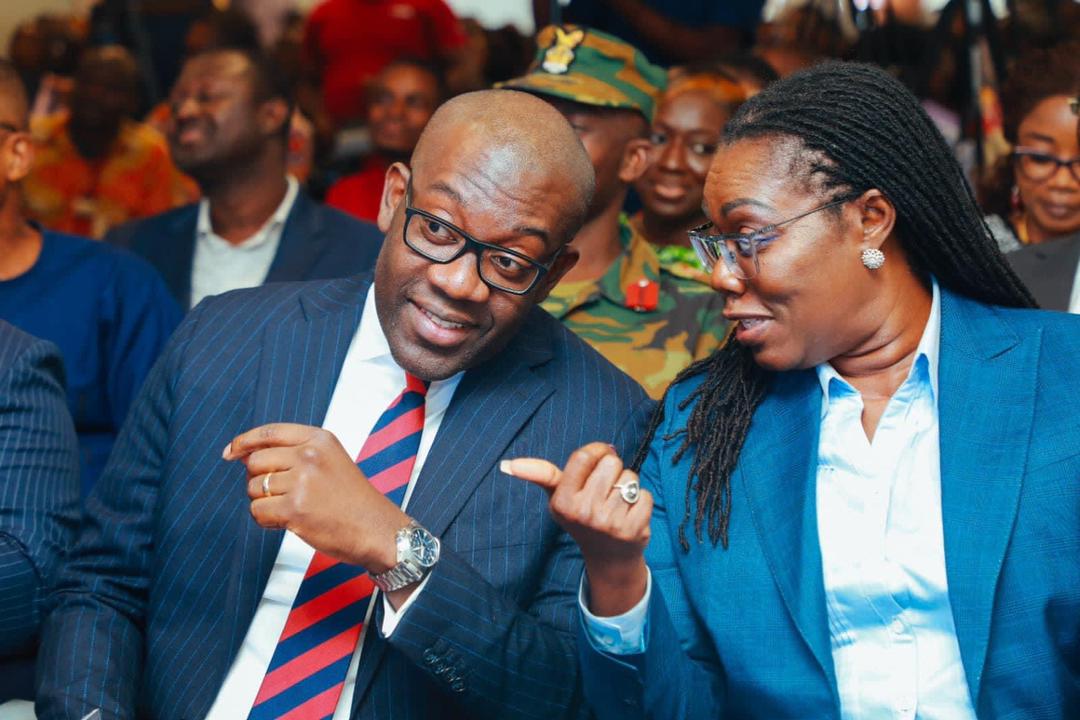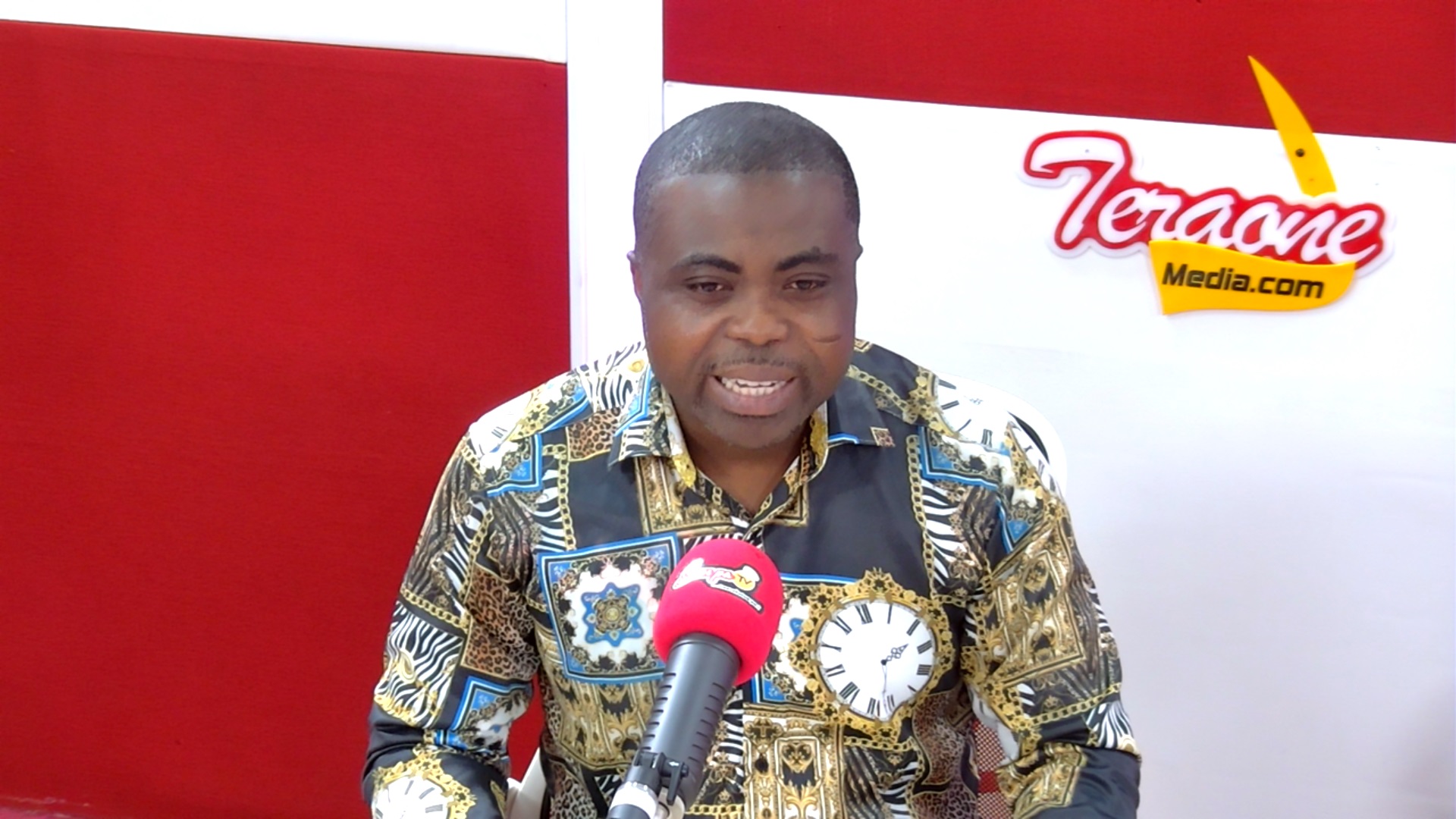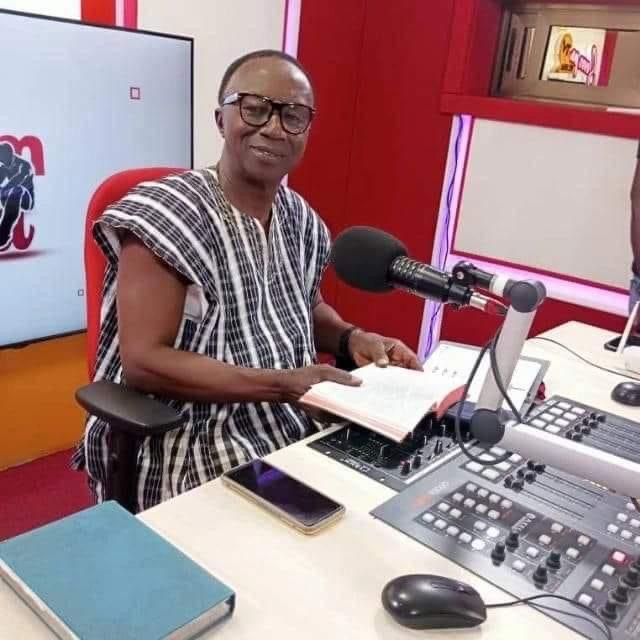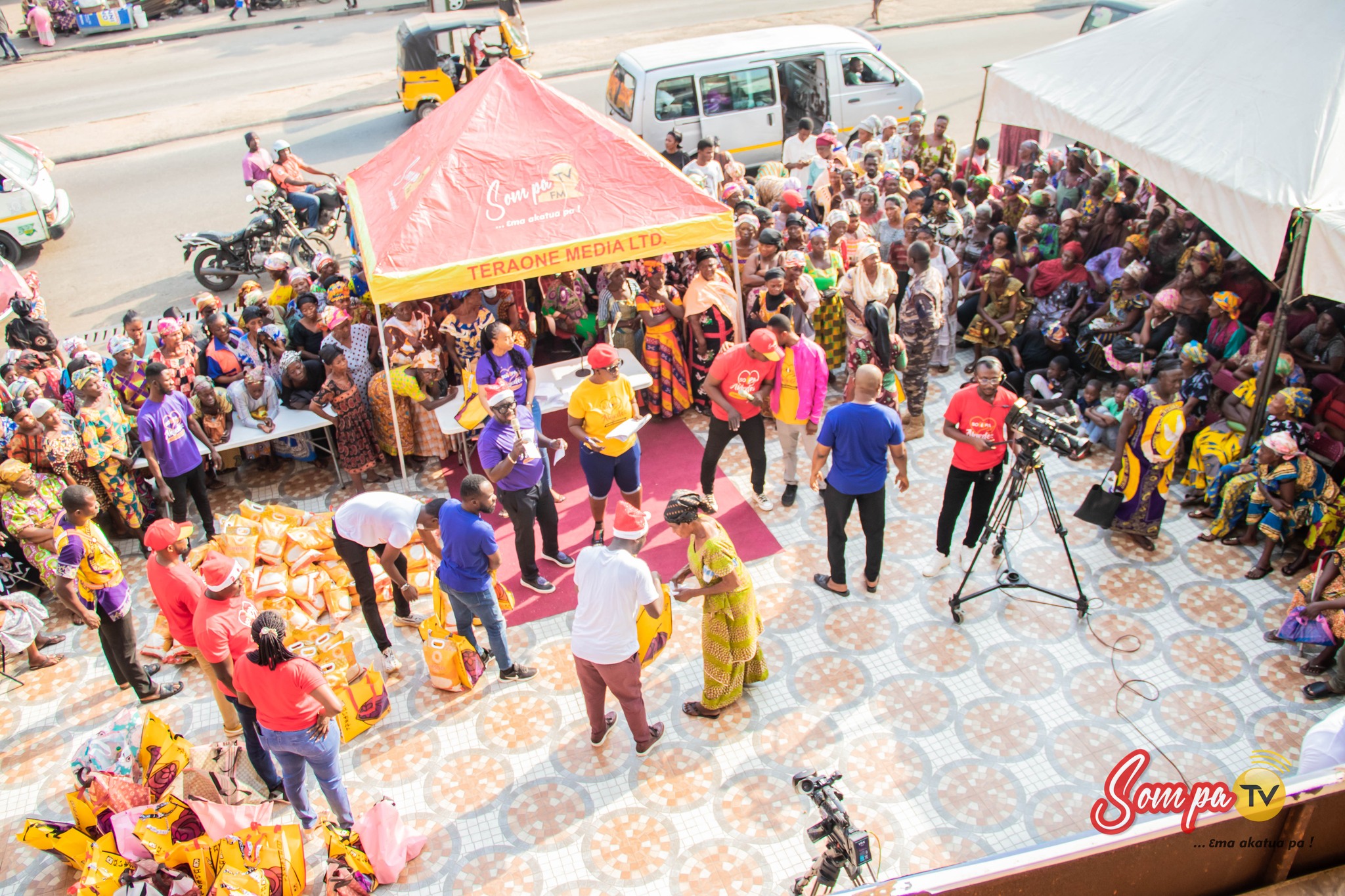Communication and Digitization Minister , Mrs. Ursula Owusu-Ekuful, has officially launched the trial phase of Digital Audio Broadcasting (DAB) in Ghana.
DAB represents a cutting-edge radio broadcasting system that revolutionizes how audio content is transmitted through digital signals, offering improved reception quality and reduced signal interference compared to traditional FM radio.
It operates on a separate frequency band from FM radio, allowing up to 18 stations to share a single transmitter efficiently, reducing energy consumption. Additionally, it enables the simultaneous transmission of supplementary data services alongside audio content, enhancing the overall user experience.
The trial will include 18 audio channels from Accra and Kumasi, including Unique FM, Asempa FM, Citi FM, Hot FM, Peace FM, Starr FM, Asaase FM, Atlantis FM, Class FM, Oman FM, Radio Univers and Sompa Fm among others.
Ghana will operate DAB in the frequency range of 174 to 230 MHz, using the DAB+ standard, which provides enhanced audio quality and higher spectrum efficiency compared to the first-generation DAB.
During the launch of the trial phase, Communications and Digitalisation Minister, Ursula Owusu-Ekuful, emphasized the government's commitment to digital innovation, positioning Ghana as a leader in digital transformation.
She highlighted the importance of maintaining broadcasting service quality in the rapidly evolving radio and TV industry, which is converging with telecommunications.
“As we stride into the future, the advent of Digital Audio Broadcasting (DAB) marks a significant milestone in radio broadcasting. With its ability to harness digital signals, DAB ushers in a new era of enhanced sound quality, an expanded array of station choices, and interactive features that redefine listener experience. This technology transcends the limitations of traditional analogue FM Radio, promising a transformational and captivating auditory journey for all listeners.
What is more interesting about the DAB is the fact that it addresses frequency constraints by expanding coverage as well as promoting efficient spectrum utilisation,” she said.
As of the end of 2022, the NCA had authorized 707 Frequency Modulation (FM) Stations, with 513 in operation, underscoring the enduring significance of radio broadcasting as a vital source of information and entertainment for both urban and rural communities.
The global Digital Radio Broadcasting market is on the rise, valued at US$ 3,710.13 million in 2021 and expected to reach US$ 6,943.24 million by 2027, according to the Digital Journal. Minister Owusu-Ekuful sees this as an opportunity for Ghana to tap into a lucrative revenue stream for both the government and the private sector.
In her closing remarks, she praised the 18 FM stations for participating in the trial and emphasized that DAB's ability to harness digital signals promises an enhanced auditory experience, offering a wide array of station choices and interactive features that redefine the way listeners engage with radio content.
This technology transcends the limitations of traditional analogue FM radio, heralding a transformational era in radio broadcasting.
Sompaonline.com/Nana Yaw Boamah













 Sompaonline.com offers its reading audience with a comprehensive online source for up-to-the-minute news about politics, business, entertainment and other issues in Ghana
Sompaonline.com offers its reading audience with a comprehensive online source for up-to-the-minute news about politics, business, entertainment and other issues in Ghana